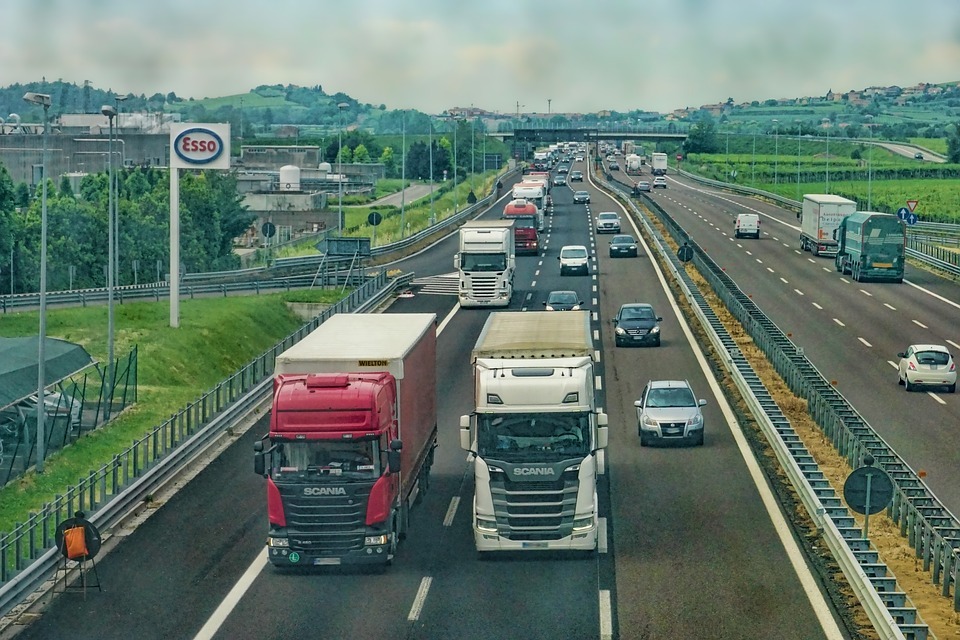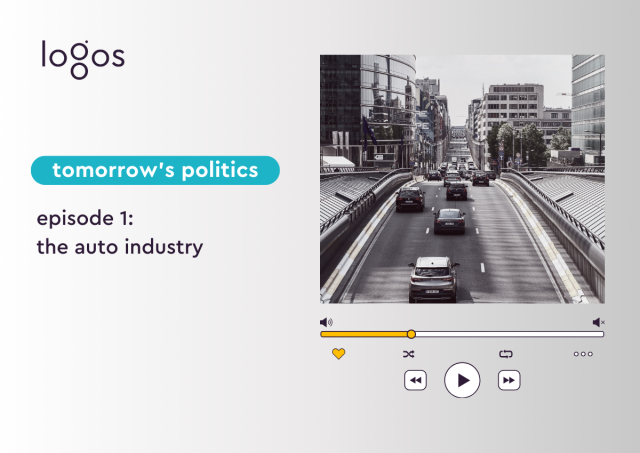
transport
The social mobility package: are we at the end of the road?
On 31 May 2017, the European Commission presented three legislative proposals, as part of a ‘mobility package’, on the posting of drivers, their resting times, and the rules of cabotage (the right to operate transport operation in another territory).
They proved to be one of the most controversial pieces of EU legislation both for the Committee on Transport and Tourism and the European Parliament as a whole. In that regard, the involvement of French President Emmanuel Macron turned this issue into a highly visible and sensitive debate.
the four freedoms
Overall, the file was a prominent one as it tried to address some of the shortcomings of the single market to preserve the four fundamental freedoms of the European Union. Indeed, a long-lasting situation of unfair competition triggered by the free movement of goods and workers had the potential to slowly but surely turn public opinion against those fundamental principles.
The first mobility package will prove to be a goldmine or a landmine for the new MEPs of the Transport Committee.
the road to hell is paved with good intentions
The initial goal was simple: to solve a pressing issue for most transport operators. In the single market, truck drivers in Poland can deliver goods in Spain or Portugal. The problem stems from the lack of consistent wages and labour regulations for national and international truck drivers. The result is a situation of unfair competition that the Commission tried to address. If the intentions were good, fulfilling them became an ordeal.
By addressing such burning topics as wages, social rights and unfair competition between Eastern and Western Member States, the European Commission launched a protracted and heated negotiation process, the ‘mobility package saga’. In short, it started with a failed plenary vote on 4 July 1018. After a 6-month deadlock period due to disagreements between the rapporteurs, there was another failed committee vote on 10 January 2019. On 2 April 2019, the committee processed more than 1,000 amendments. Finally, against all odds, the plenary successfully adopted the piece of legislation on 4 April.
This two-year long controversy has shown the deep divisions remaining between Eastern and Western Member States. On the gap between wages and social rights but most importantly on the lack of coherence within the EU itself. The divide between beneficiary and disadvantaged Member States was so deep that it split every political group in the European Parliament. Major political groups, such as the EPP, refused to agree on unified voting indication for the final vote. Torn between social concerns expressed by the far-left and the loss of national prerogatives exposed by the far-right, the traditional trio EPP-ALDE-S&D could not secure a majority.
The social mobility package proved to be one of the most controversial pieces of EU legislation both for the Committee on Transport and Tourism and the European Parliament as a whole.
a surprise success
How did such a controversial piece of legislation pass in the end? It was the result of the combination of a political argument with a procedural choice. The political argument that swayed parliamentarians to adopt a more constructive stance was the looming European elections. MEPs feared that a more Eurosceptic Parliament would agree on a worse deal. Pushing for a deal would also give MEPs in Western Member States greater political credibility. On the campaign trail, MEPs could then portray themselves as defenders of their national worker rights. This situation pressed MEPs to find a compromise.
Regarding the proceedings of the vote, instead of voting amendment by amendment, the MEPs adopted or rejected them in blocks. This choice stirred the political debate away from the technical details towards a discussion a broader vision.
The substantial measures of the compromise
As often when there is such a political divide, the solution found did not satisfy all parties. In this regard, the proposed changes were mostly unfavourable to Eastern European driver companies.
For example:
- As of the first day of cabotage and cross-border transport operations the local minimum wage applies for all drivers;
- Cabotage operations are to be restricted to three consecutive days.
- After those days, a 60-hour ‘cooling off’ period is mandatory;
- drivers are now compelled to return to their home country every four weeks;
- To boost law enforcement, the European Parliament has proposed smart tachographs to be installed in all trucks within three to five years after the entry into force of the text (depending on the type of tachograph).
If the Parliament has adopted a compromise text, the interinstitutional negotiations (‘trilogues”) on the file have not started. The Parliament has not even agreed on a negotiation mandate yet. The mobility package, therefore, has no legally-binding or concrete repercussions on drivers in Europe yet. Considering past debates and the current stalemate, the first mobility package will prove to be a goldmine or a landmine for the new MEPs of the Transport Committee.





